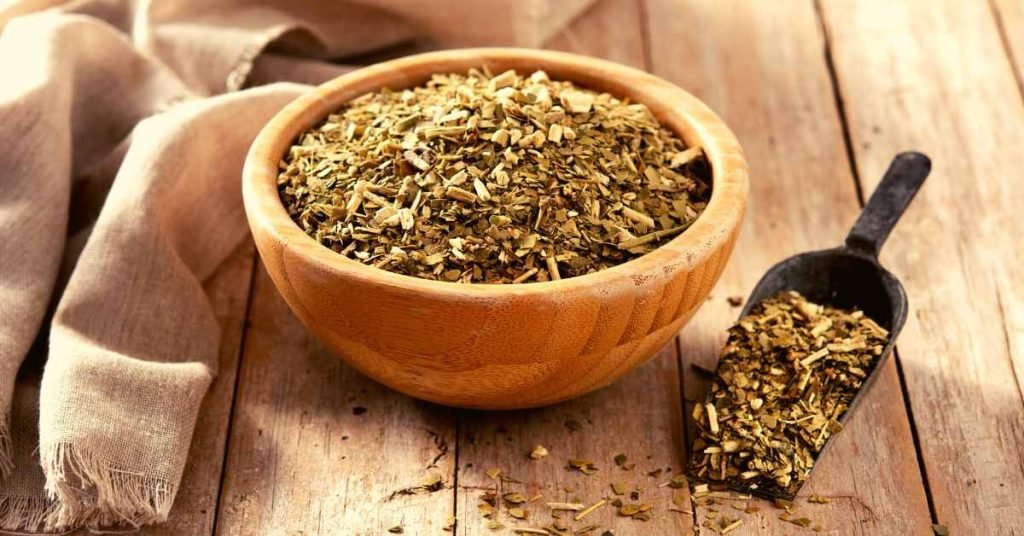Anorexia nervosa, a complex and potentially life-threatening eating disorder characterized by a distorted body image and an intense fear of gaining weight, requires a comprehensive approach to treatment.
While medical and psychological interventions are the cornerstones of managing anorexia, complementary therapies such as herbal teas can play a supportive role in improving the condition.
This article delves into the world of tea for anorexia, exploring the beneficial teas, those to avoid, and strategies to enhance the condition through tea consumption.
Beneficial Teas for Anorexia

Chamomile Tea: Chamomile has long been used for its calming properties. It can help alleviate anxiety and stress, and improve sleep quality – all of which are crucial for individuals battling anorexia. Improved mental well-being can indirectly lead to better eating habits.
Peppermint Tea: Peppermint tea is known for its digestive benefits. Anorexia can disrupt digestive processes, leading to discomfort and malabsorption of nutrients. Peppermint tea can soothe the digestive system and aid in alleviating bloating and indigestion.
Ginger Tea: Ginger possesses anti-inflammatory and anti-nausea properties. It can help combat nausea, a common symptom experienced by those with anorexia, and promote healthy digestion.
Fennel Tea: Fennel tea is known for its appetite-stimulating properties. It can help increase feelings of hunger, which can be useful for individuals struggling with reduced food intake due to anorexia.
Lemon Balm Tea: Lemon balm is a calming herb that can help reduce anxiety and improve mood. It may indirectly contribute to a more relaxed state of mind, positively influencing eating behaviors.
Nettle Tea: Nettle tea is rich in vitamins and minerals that are often lacking in individuals with anorexia due to restricted diets. It can serve as a natural source of essential nutrients.
Strategies to Improve Anorexia with Teas

Incorporate Rituals: Developing a tea-drinking ritual can provide structure to meals and snacks. Set aside specific times for tea consumption, creating a routine that promotes regular eating.
Hydration Support: Anorexia can lead to dehydration, which can exacerbate health issues. Herbal teas can contribute to hydration while offering flavor and warmth without adding calories.
Mindful Consumption: Engage in mindful tea drinking. Pay attention to the aroma, taste, and sensations. This practice can extend to meals and encourage mindfulness in eating.
Experiment with Flavors: Experimenting with different tea flavors can help awaken taste buds and combat flavor fatigue often associated with anorexia.
Teas to Avoid for Anorexia

While many herbal teas offer potential benefits, certain teas may not be suitable for individuals with anorexia. Teas with strong laxative or diuretic effects should be avoided, as they can exacerbate electrolyte imbalances and dehydration.
Teas containing caffeine should also be used in moderation, as excessive caffeine intake can contribute to anxiety and interfere with sleep patterns.
Final Word
While tea is not a standalone treatment for anorexia, it can serve as a complementary element in a holistic approach to recovery.
The calming properties of chamomile, the digestive benefits of peppermint and ginger, and the appetite-stimulating effects of fennel can provide valuable support.
Lemon balm and nettle teas can contribute to improved mood and essential nutrient intake, respectively. Incorporating mindful tea rituals, staying hydrated, and experimenting with flavors can enhance the overall treatment strategy.

Individuals battling anorexia should always consult with their healthcare professionals before making any significant changes to their diet or incorporating herbal teas.
A comprehensive treatment plan that combines medical, psychological, and nutritional interventions remains the foundation for managing anorexia nervosa effectively.
MEDICAL DISCLAIMER
Itsnevernotteatime.com cannot and does not contain medical/health advice. The medical/health information is provided for general and educational purposes only and is not a substitute for professional advice.




